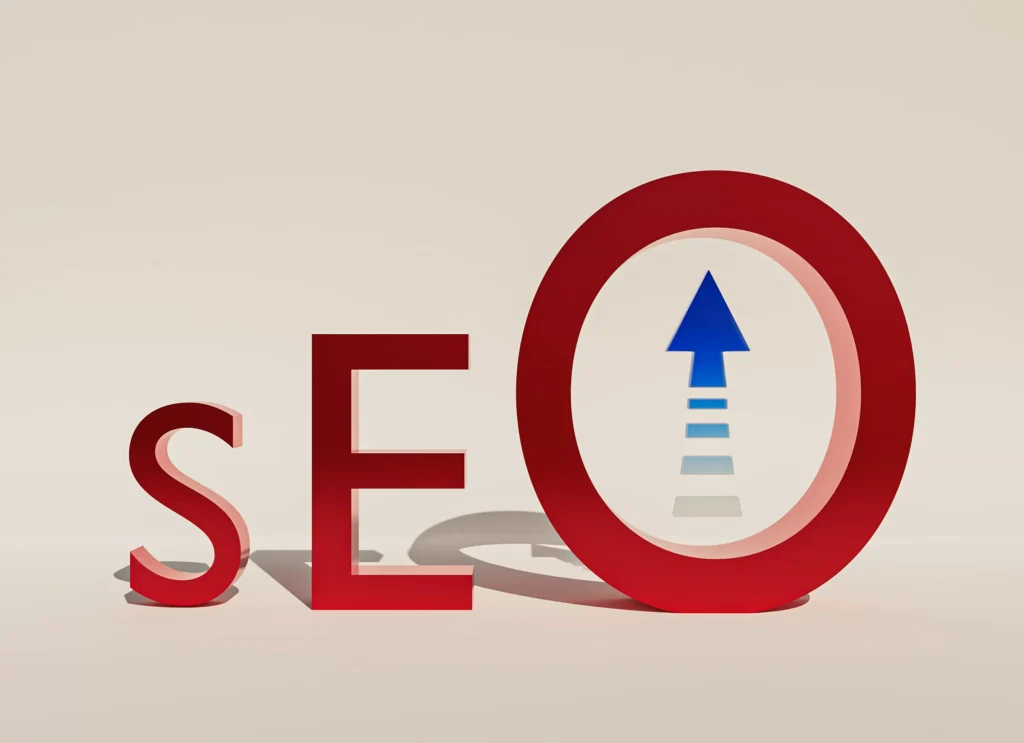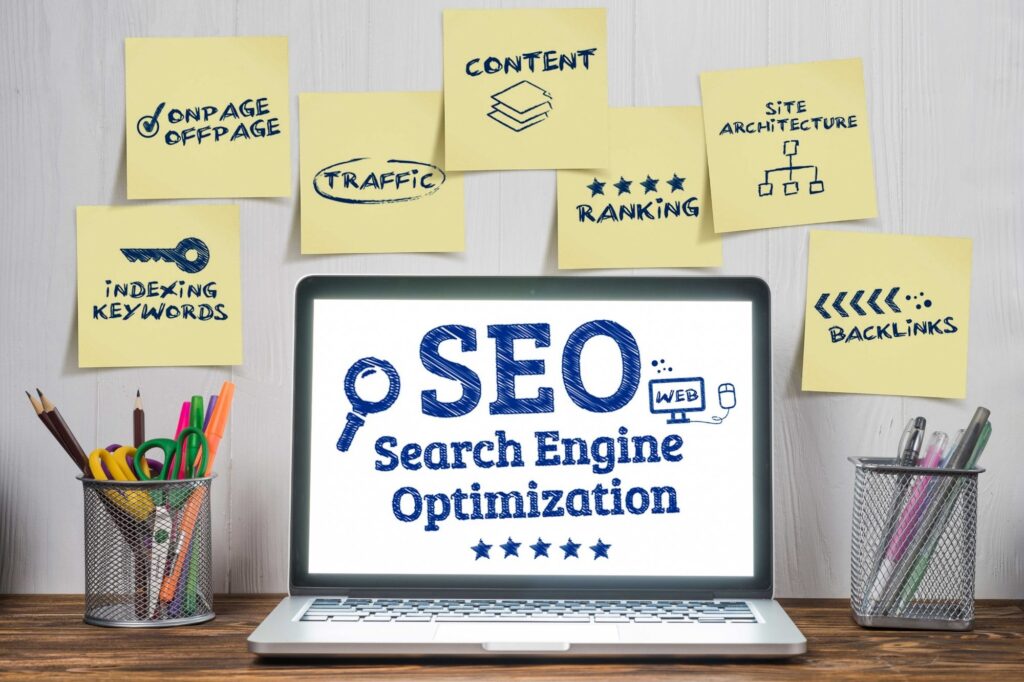In today’s digital landscape, having an online presence is not enough; you need to be seen. That’s where Search Engine Optimization (SEO) comes into play. Whether you’re a business owner, a blogger, or a marketer, understanding the fundamentals of SEO can significantly impact your online visibility and success.
What is SEO?
SEO is the practice of optimizing your website to improve its visibility on search engines like Google. The goal is to rank higher in search engine results pages (SERPs) for relevant keywords, driving organic traffic to your site. SEO involves various strategies, from keyword research to content creation, technical optimization, and link building.

Why is it Important to perform?
- Increased Visibility and Traffic: Higher rankings lead to more clicks and visits to your site. Most users don’t scroll past the first page of search results, so appearing at the top is crucial.
- Cost-Effective Marketing: Unlike paid advertising, organic traffic generated is free. While it may take time to see results, the long-term benefits can outweigh the costs of paid campaigns.
- Builds Credibility and Trust: Users tend to trust organic search results more than ads. A well-optimized site signals to search engines and users that you are a credible source of information.
- Improved User Experience: It involves optimizing site structure and content, which enhances user experience. A well-structured site is easier to navigate and can keep visitors engaged longer.
Key Components of SEO

1. Keyword Research
Start with identifying the keywords and phrases that your target audience is searching for. Tools like Google Keyword Planner, Ahrefs, and SEMrush can help you find relevant keywords with good search volume and low competition. Focus on long-tail keywords that are specific and relevant to your niche.
2. On-Page SEO
This refers to the optimization of individual pages on your site. This includes:
- Title Tags: Ensure your title tags are clear, descriptive, and include your primary keyword.
- Meta Descriptions: Write compelling meta descriptions that summarize your content and encourage clicks.
- Headings: Use H1, H2, and H3 tags to structure your content logically and include keywords naturally.
- Content Quality: Create high-quality, engaging content that provides value to your readers. Aim for depth and relevance.
3. Technical SEO
This involves optimizing the backend of your website. Key elements include:
- Site Speed: Ensure your site loads quickly. Tools like Google PageSpeed Insights can help assess and improve your site speed.
- Mobile-Friendliness: With mobile searches on the rise, ensure your site is responsive and provides a good user experience on all devices.
- XML Sitemap: Submit an XML sitemap to search engines to help them crawl your site more effectively.
- Robots.txt: Use a robots.txt file to guide search engines on which pages to crawl and index.
4. Off-Page SEO
Off-page Search engine optimization refers to actions taken outside of your website to improve its authority and rankings. This primarily involves link building. Focus on:
- Backlinks: Acquire quality backlinks from reputable sites in your niche. Guest blogging, influencer outreach, and partnerships can help you earn links.
- Social Media: Share your content on social media to increase visibility and drive traffic back to your site.
Measuring of Search engine optimization Success –

To gauge the effectiveness of your efforts, monitor key metrics such as:
- Search engine optimization for Organic Traffic: Use Google Analytics to track how much traffic comes from organic search.
- Keyword Rankings: Tools like Moz or Ahrefs can help you track your keyword rankings over time.
- Conversion Rates: Ultimately, you want your efforts to lead to conversions, whether that’s sales, sign-ups, or other desired actions.
Conclusion
SEO is an ongoing process that requires patience and persistence. Trends and algorithms change, so staying updated with the latest practices is crucial. By investing time and effort , you can improve your website’s visibility, attract more visitors, and achieve your online goals.
Whether you’re just starting out or looking to refine your existing strategy, remember that good SEO is about creating a great user experience while providing valuable content. Start optimizing today, and watch your online presence grow!
Follow us on INSTAGRAM

